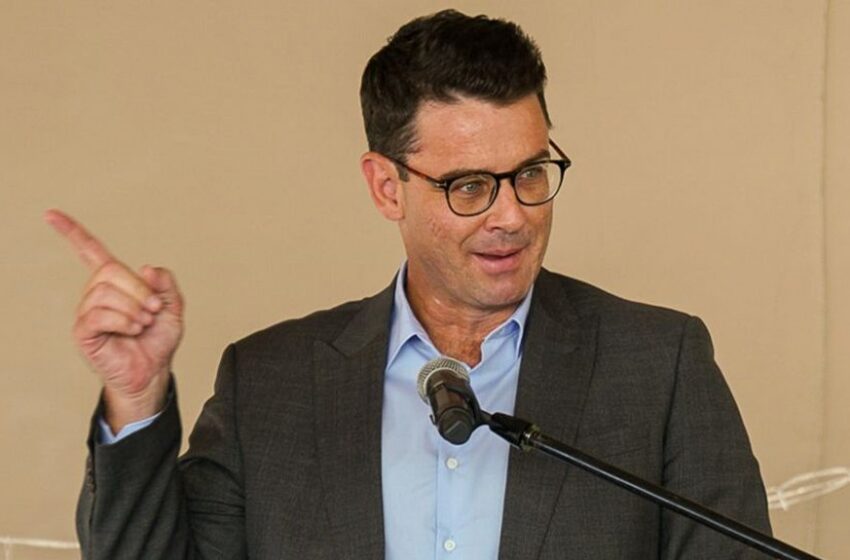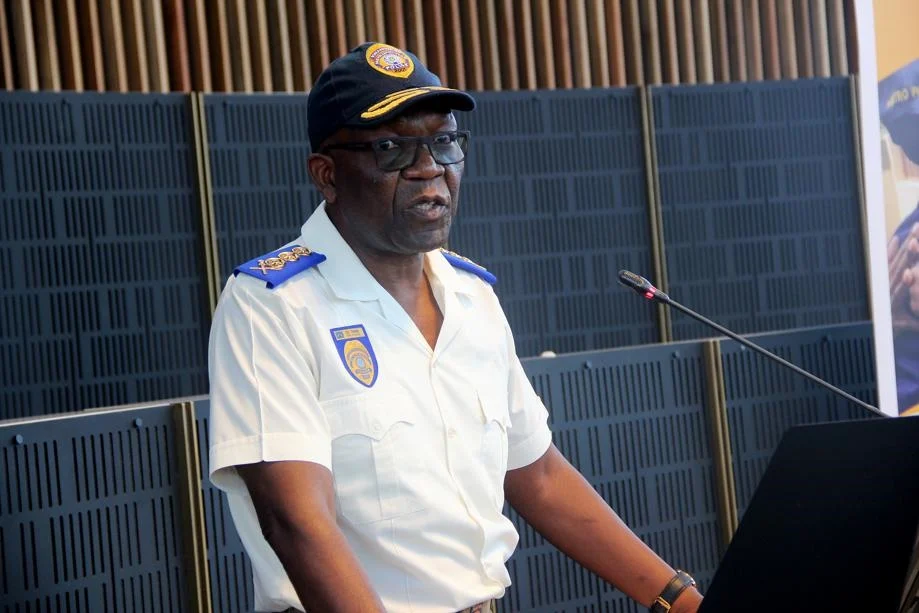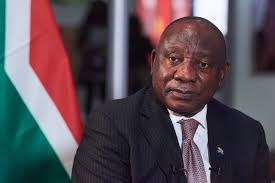What Whitfield’s removal means for AGOA, G20, and South Africa’s trade strategy

Andrew Whitfield Sacked: Ramaphosa Sparks Coalition Tension in South Africa
President Cyril Ramaphosa has dismissed Andrew Whitfield, the Democratic Alliance (DA) Deputy Minister of Trade, Industry and Competition, in a move that has sent shockwaves through South Africa’s fragile coalition government. The announcement, made on Wednesday, June 26, 2025, has raised questions about the stability of the Government of National Unity formed after the 2024 general election.
Presidency Breaks Silence
In a brief but telling statement, the Presidency confirmed that Whitfield had been relieved of his duties but gave no specific reason for the decision.
Presidential spokesperson Vincent Magwenya maintained that Ramaphosa was under no obligation to consult or explain his decision to any coalition partners, describing the removal as “presidential prerogative.”
According to Magwenya, the dismissal does not amount to a cabinet reshuffle, nor does it reflect the ANC’s view of the DA’s overall performance in government. However, analysts note that such a move—without prior consultation—could inflame tensions within the unity government.
Democratic Alliance Reacts with Concern
Reacting swiftly to the news, the DA expressed shock and disappointment. The party’s federal chairperson, Helen Zille, stated that the sacking of Whitfield “came as a surprise” and called it a “very serious development.” She added that the DA’s Federal Executive would meet urgently to consider the implications of the dismissal.
DA spokesperson Solly Malatsi emphasised that the party had not received any formal communication from the Presidency before the announcement. He warned that the decision could undermine the trust required to sustain the coalition and that the DA would be reviewing its position going forward.
Coalition Under Pressure
The dismissal of Whitfield has once again exposed the underlying fragility of the ANC-DA coalition formed after the 2024 elections. With the African National Congress (ANC) losing its parliamentary majority for the first time since 1994, the party was forced into an agreement with the DA and other parties to form a Government of National Unity.
While the coalition was hailed as a historic compromise, tensions have simmered beneath the surface—particularly around issues of economic policy, transformation, and appointments. Whitfield’s removal may deepen mistrust, especially if perceived as unilateral decision-making by the ANC.
Who Is Andrew Whitfield?
Andrew Whitfield, a prominent DA figure, previously served as the party’s Shadow Minister of Police before being appointed Deputy Minister in July 2024. Known for his firm stance on crime and economic reform, he has been a vocal advocate for reducing red tape, strengthening trade partnerships, and using South Africa’s G20 presidency to drive African development priorities.
His role in trade negotiations—particularly concerning the African Growth and Opportunity Act (AGOA) and other international investment talks—was viewed as key to South Africa’s economic recovery strategy. His abrupt exit raises concerns over the continuity of these strategic engagements.
Business and Public Reactions
While public response to the sacking has been mixed, some within the business community have expressed worry that Whitfield’s removal could stall ongoing reforms. Economists warn that instability within the cabinet may weaken investor confidence, especially at a time when South Africa is battling high unemployment, inflation, and infrastructure deficits.
Political analysts suggest the move may be a sign that Ramaphosa is asserting stronger control over the coalition, possibly in response to internal pressure from ANC factions who view the DA’s presence in cabinet as overreaching.
What’s Next for the Coalition?
All eyes are now on the DA’s Federal Executive meeting and whether the party will remain in the coalition government or escalate its concerns. The ANC, on its part, is expected to monitor the DA’s reaction closely while maintaining that the president acted within his constitutional rights.
The next few weeks will be crucial in determining whether this development marks a one-off political decision or the beginning of a breakdown in South Africa’s power-sharing experiment.




